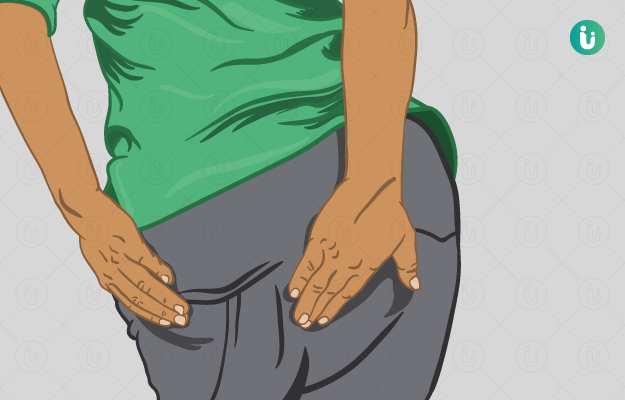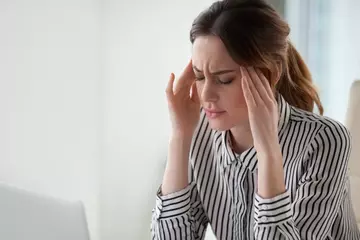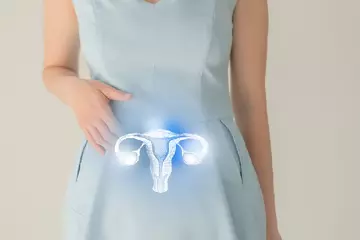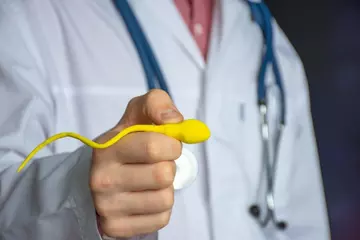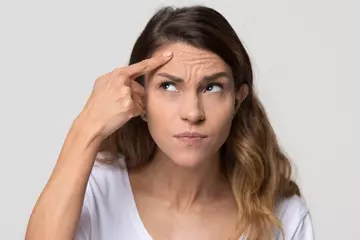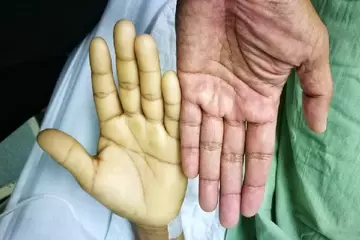What is Bowel Incontinence?
Bowel incontinence is defined as a condition wherein an individual can’t control the passing of stools or faeces. Thus, bowel emptying occurs involuntarily or accidentally. It is usually seen in the elderly, especially women. It can occur occasionally and depending on the severity, a consultation with the doctor is needed. This involuntary action can result in isolation from social life due to fear of embarrassment.
What are the main associated signs and symptoms?
There are two types of bowel incontinence and symptoms vary based on the type.
- Urge Faecal Incontinence
You may experience the urge to pass stool but you will be unable to hold until you reach the toilet. - Bowel Faecal Incontinence
In this type, you will not sense or feel any urge before the passage of stool.
Difficulty in controlling flatulence (gas) and the presence of spots or stains of the stool are other associated symptoms of bowel incontinence.
What are the main causes?
The various causes of bowel incontinence are:
- Diarrhoea.
- Severe constipation.
- Weakening of the anal muscles due to a surgery or injury.
- Nerve damage in the anus and rectum due to a surgery or injury.
- Haemorrhoids/piles.
- Lowering of the rectum.
- An outward appearance of the rectum through the vagina in females.
- Problems of the gastrointestinal tract, such as Crohn’s disease, ulcerative colitis, and inflammatory bowel disease.
- Disease conditions, such as diabetes, parkinsonism, stroke, dementia, and multiple sclerosis.
- Normal delivery.
- Inactive lifestyle.
How is it diagnosed and treated?
Your doctor will take the history of the symptoms and other medical conditions, which will be followed by a physical examination. Based on the frequency and severity of the condition, the doctor will suggest other diagnostic tests, such as anoscopy (to view the inside of the anus), anorectal manometry (to identify any weaknesses in the anal muscles), endoanal ultrasonography, and defecography (to form images of the organ and identify any problems with the anus, rectum, or its muscles).
The treatment includes:
- Change in diet Increase the intake of fibrous foods and drink plenty of water.
- Lifestyle Changes
- Exercise to strengthen the muscles.
- Training yourself to have a bowel movement at a particular time every day.
- Medications to treat the underlying causes.
- Surgery depending upon the cause and the severity of the condition.

 Doctors for Bowel Incontinence
Doctors for Bowel Incontinence  OTC Medicines for Bowel Incontinence
OTC Medicines for Bowel Incontinence

